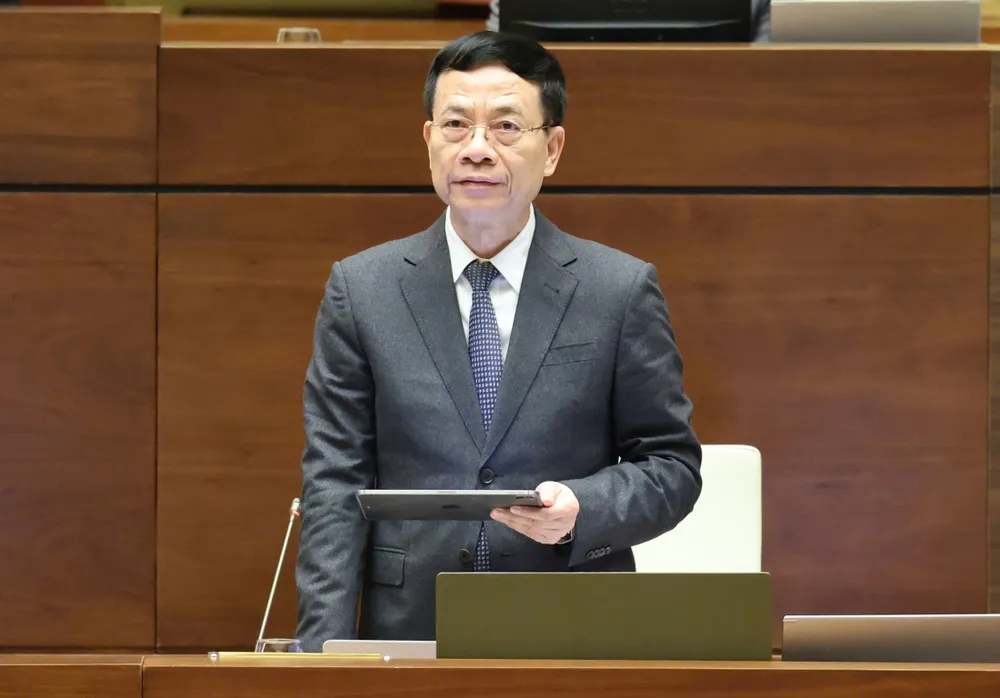
There needs to be a policy of accepting failure with strategic technology products.
Delegate Tran Anh Tuan (HCMC) said that there should be a difference in incentives for using strategic technology products compared to regular high-tech products, because strategic technology products have higher risks.
“Because of the higher risk, there must be a testing mechanism, a policy of accepting failure and stronger support from the state budget to encourage organizations and individuals to innovate. Many countries have very good policies of accepting failure, and the state spends its budget on this,” Deputy Tran Anh Tuan pointed out.
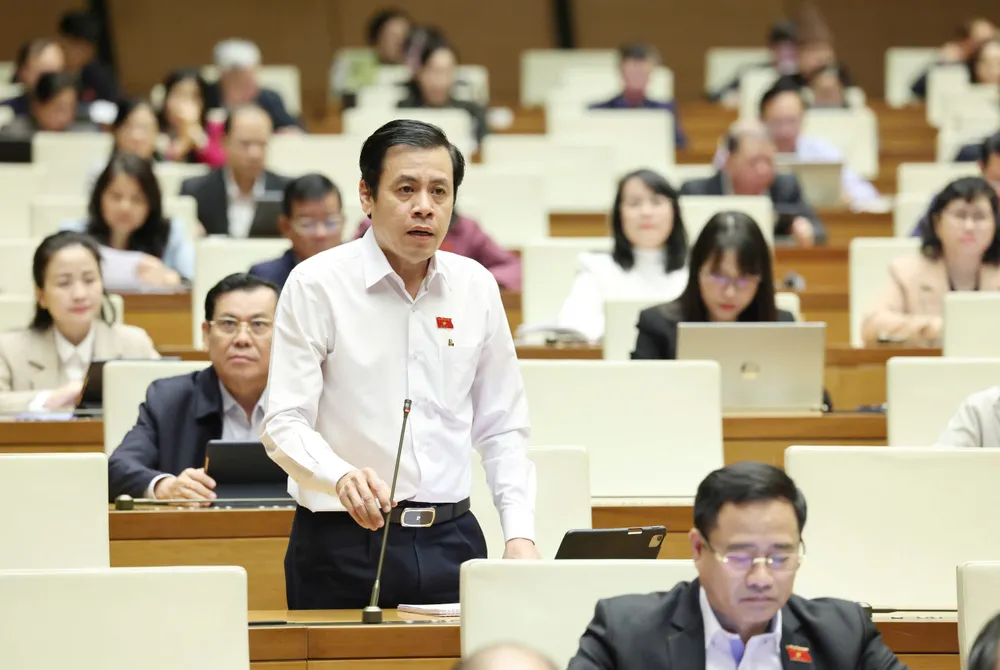
Commenting on the Law amending and supplementing a number of articles of the Law on Technology Transfer, Deputy Duong Khac Mai (Lam Dong) commented that the draft emphasized the priority of transferring high technology, advanced technology, new technology, green technology, important national projects, key projects, projects serving national defense, security, and development of areas with difficult and especially difficult socio-economic conditions.
Deputy Duong Khac Mai said that this is the right direction and suggested that the draft should be regulated according to a group of principled criteria such as: technologies that pose great risks to the environment and human health are restricted or banned; technologies that save energy, reduce emissions, improve productivity, quality, and competitiveness are encouraged; at the same time, the Government is assigned to promulgate and periodically update the List of technologies that are encouraged to transfer, restricted to transfer, and prohibited to transfer.

The issue of allowing capital contribution by technology is of interest to the Deputies. This issue not only creates a transparent legal corridor for innovation activities but also opens up a mechanism to mobilize and transform knowledge into development resources. This is an important step to promote the science and technology market, improve the competitiveness of enterprises and contribute to building a modern digital economy.
However, some deputies said that the draft regulation on organizations and individuals being allowed to decide on the value of contributed technology is not consistent with the principles of valuation of contributed assets in the Enterprise Law and Investment Law. At the same time, this also poses many risks of technology price inflation, transfer pricing, causing loss of assets, especially in projects with foreign elements. Therefore, it is necessary to stipulate in the direction that "the valuation of contributed technology must be agreed upon by the parties or through an independent valuation organization to ensure objectivity, transparency and compliance with the laws on intellectual property, enterprises and technology transfer".
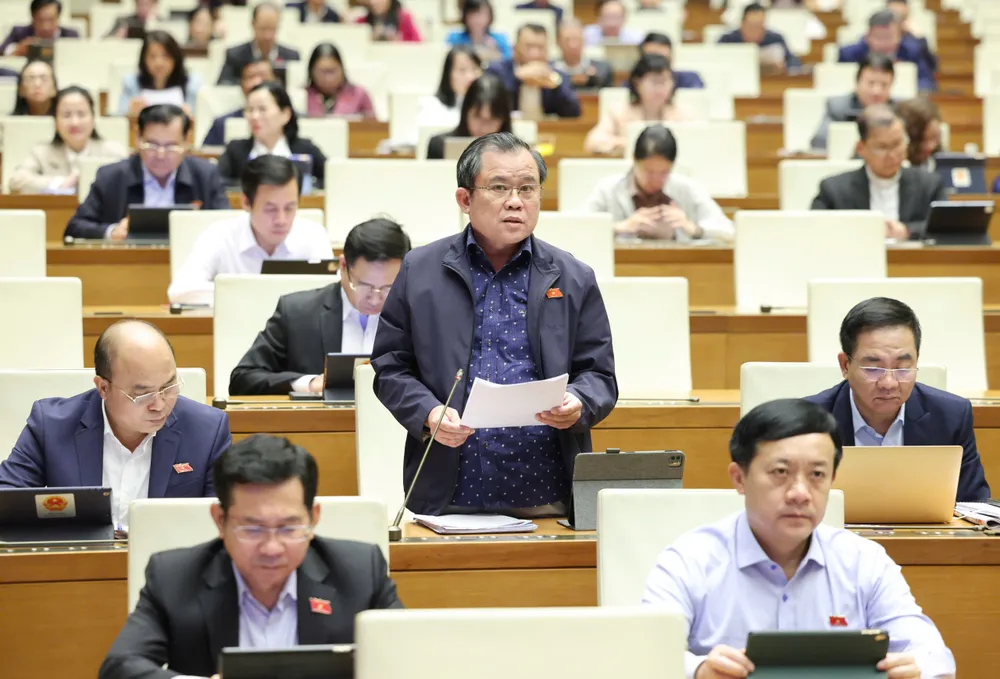
Deputy Nguyen Tam Hung (HCMC) said that the regulation on self-valuation of contributed technology is a breakthrough, but for projects using state capital, technology valuation is crucial to avoid budget loss and preserve capital. Therefore, the Deputy proposed detailed and strict regulations on technology valuation methods (for example, prioritizing the income or market approach) and the capacity criteria of independent valuation organizations to ensure that the value of contributed technology is accurately determined.
On the other hand, according to Deputy Nguyen Tam Hung, the addition of a post-audit mechanism for the import of machinery with restricted technology or technology transfer bans, but the importer cannot identify the accompanying technology, is at risk of being exploited to avoid the responsibility of complying with the law from the beginning. Therefore, it is necessary to have detailed and strict regulations on the obligation to prove and explain the enterprise in "not being able to identify the nature of the accompanying technology", and at the same time clarify heavier legal sanctions if intentional violations are detected after post-audit, in order to thoroughly prevent the import of outdated technology...
Speaking at the reception and explanation, Minister of Science and Technology Nguyen Manh Hung emphasized that the draft laws supplement preferential policies to increase the localization rate and increase the technology content of Vietnam; shift from processing and assembling to researching, designing and creating high-tech products in Vietnam; focus on national goals and strategies such as double-digit growth, labor productivity, technological autonomy; and form high-tech urban areas as places to live, work and create in a high-tech environment.

Regarding policies on strategic technologies, the Minister said that the law will develop special policies to strongly promote autonomy in strategic technologies, including: direct assignment of tasks, specific mechanisms in decoding and purchasing technological know-how, establishing special testing areas for strategic technologies, and applying special procurement for strategic technologies and strategic products.
Source: https://www.sggp.org.vn/che-tai-nang-hon-neu-phat-hien-hanh-vi-co-y-nhap-khau-cong-nghe-lac-hau-post824674.html



![[Photo] General Secretary To Lam receives President of the Senate of the Czech Republic Milos Vystrcil](/_next/image?url=https%3A%2F%2Fvphoto.vietnam.vn%2Fthumb%2F1200x675%2Fvietnam%2Fresource%2FIMAGE%2F2025%2F11%2F21%2F1763723946294_ndo_br_1-8401-jpg.webp&w=3840&q=75)
![[Photo] National Assembly Chairman Tran Thanh Man holds talks with President of the Senate of the Czech Republic Milos Vystrcil](/_next/image?url=https%3A%2F%2Fvphoto.vietnam.vn%2Fthumb%2F1200x675%2Fvietnam%2Fresource%2FIMAGE%2F2025%2F11%2F21%2F1763715853195_ndo_br_bnd-6440-jpg.webp&w=3840&q=75)
![[Photo] President Luong Cuong receives Speaker of the Korean National Assembly Woo Won Shik](/_next/image?url=https%3A%2F%2Fvphoto.vietnam.vn%2Fthumb%2F1200x675%2Fvietnam%2Fresource%2FIMAGE%2F2025%2F11%2F21%2F1763720046458_ndo_br_1-jpg.webp&w=3840&q=75)

![[Photo] Visit Hung Yen to admire the "wooden masterpiece" pagoda in the heart of the Northern Delta](/_next/image?url=https%3A%2F%2Fvphoto.vietnam.vn%2Fthumb%2F1200x675%2Fvietnam%2Fresource%2FIMAGE%2F2025%2F11%2F21%2F1763716446000_a1-bnd-8471-1769-jpg.webp&w=3840&q=75)
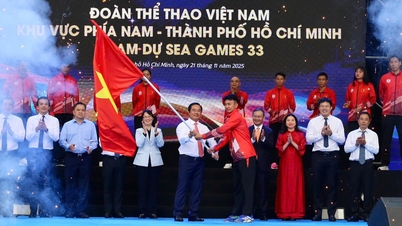

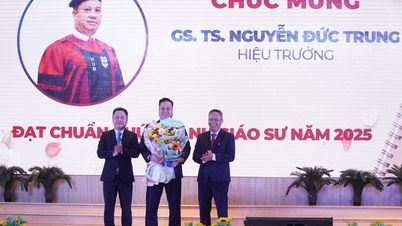



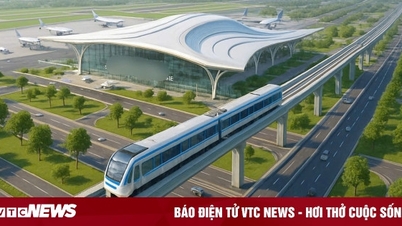

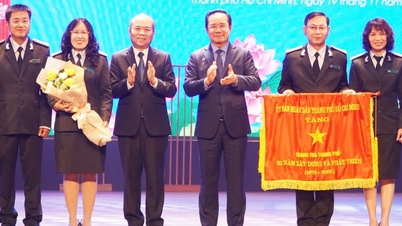

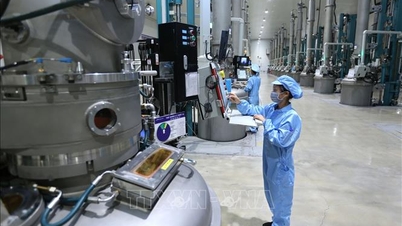

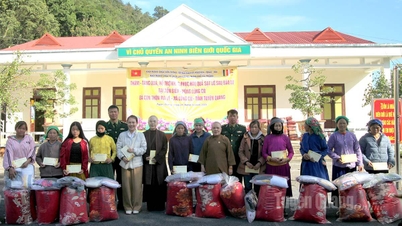

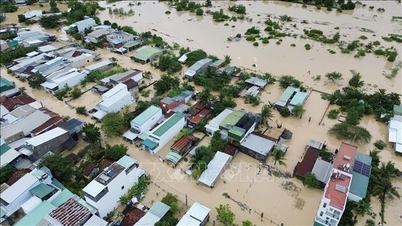



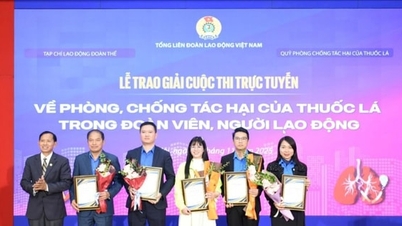



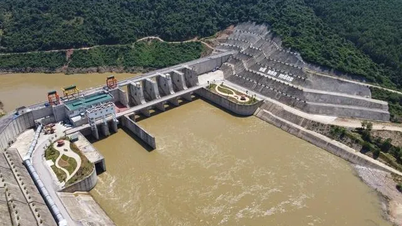





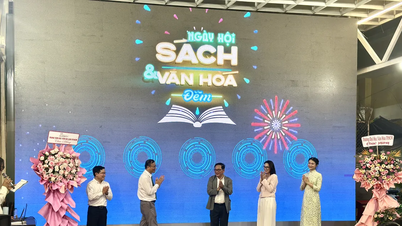
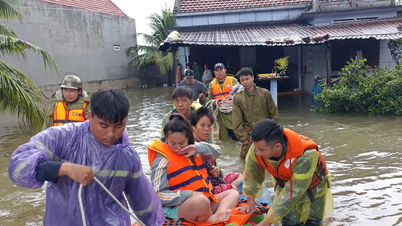
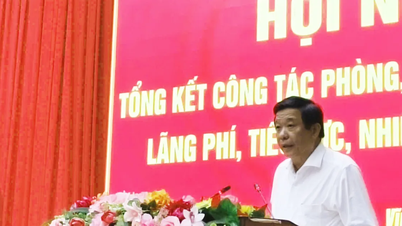
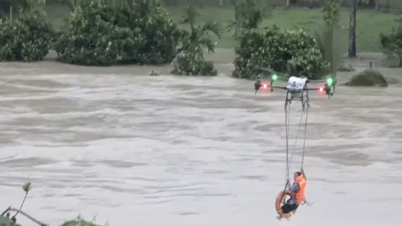
























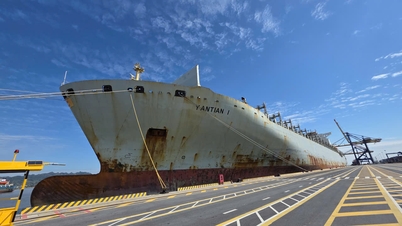
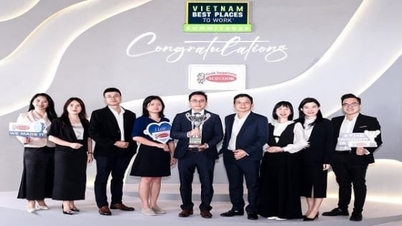



















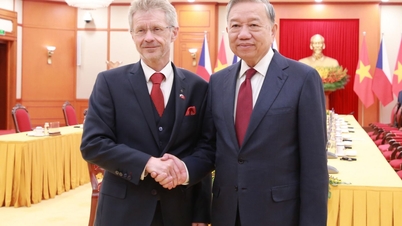



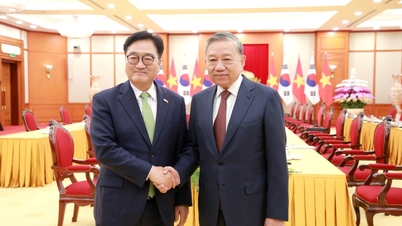
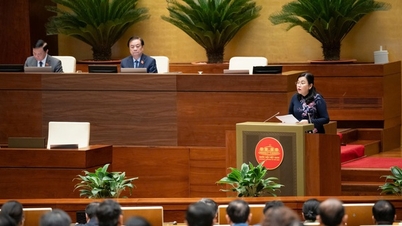


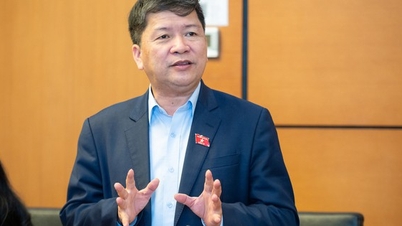
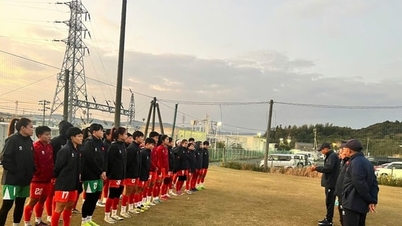



















Comment (0)